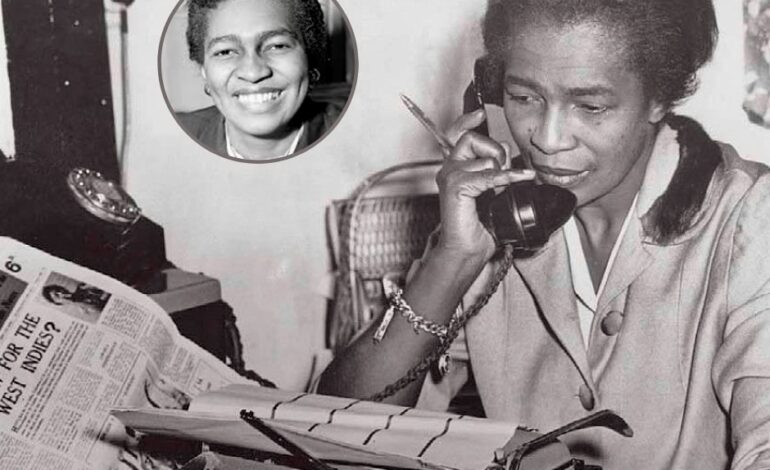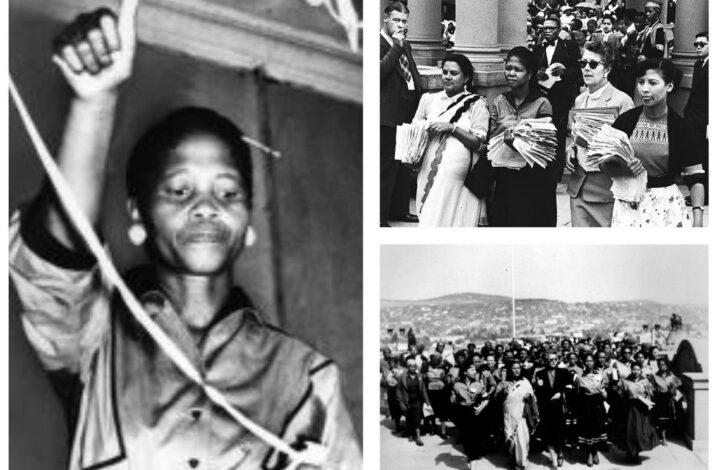
Avellon Williams
TRINIDAD AND TOBAGO- Claudia Jones was a remarkable figure in history, born in Trinidad in 1915 and passing away in 1964. She was a passionate activist, journalist, and feminist who made significant contributions to the civil rights and communist movements in both the United States and the United Kingdom.
Jones spent her early years in Trinidad, where she witnessed the struggles faced by the working class and the racial inequalities prevalent at the time. In 1936, she immigrated to the United States with her family, settling in Harlem, New York. Despite facing poverty and racial discrimination, Jones excelled academically and became involved in political activism at a young age.
In the 1940s, Claudia Jones became a prominent member of the Communist Party USA (CPUSA) and began writing for the party newspaper, The Daily Worker. Her writings focused on issues such as racial and gender equality, workers’ rights, and anti-imperialism. She used her platform to highlight the experiences of Black women and to advocate for their inclusion in the broader struggle for civil rights.
However, due to her political beliefs and activism, Jones faced persecution from the U.S. government during the era of McCarthyism. In 1955, she was arrested and convicted under the Smith Act for her communist affiliations. After serving a year in prison, she was deported to the United Kingdom in 1958.
In London, Claudia Jones continued her activism and became a leading figure in the emerging Black British movement. She founded and edited the newspaper “The West Indian Gazette” and was instrumental in organizing the first Caribbean Carnival in London in 1959. The event celebrated Caribbean culture and traditions and aimed to combat racism and foster community solidarity.
Jones recognized the intersectionality of race, class, and gender in the struggle for social justice. She coined the term “triple oppression” to describe the unique challenges faced by Black women due to their race, gender, and class.
Her work laid the foundation for later feminist movements that emphasised the importance of addressing multiple forms of oppression.
Tragically, Claudia Jones’s health began to deteriorate in the early 1960s, and she passed away in 1964 at the age of 49. Her contributions to the fight against racism, sexism, and capitalism continue to inspire activists today.
Jones’s legacy as a fearless advocate for the marginalized and her emphasis on the importance of centering the experiences of Black women remain significant aspects of her enduring impact.
RELATED:




